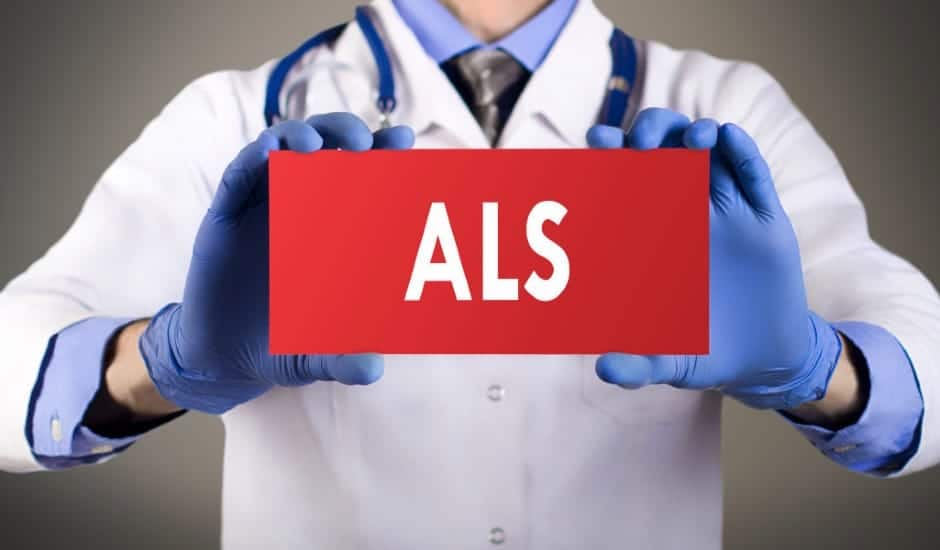NeuroSense Therapeutics Ltd, a company developing treatments for severe neurodegenerative diseases, and NeuraLight, a company developing objective and sensitive biomarkers for neurological disorders, announce a collaboration to advance the science of digital biomarkers in the detection and monitoring of neurological diseases including amyotrophic lateral sclerosis (ALS).
NeuraLight’s platform, uses proprietary computer vision and deep learning algorithms to extract over 100 occulometic markers from facial videos captured with a standard webcam. NeuroSense is conducting a Phase IIb PARADIGM trial, which is a double-blind, placebo-controlled study evaluating the efficacy of NeuroSense’s lead combination drug candidate, PrimeC, in the treatment of ALS. The NeuroSense-NeuraLight collaboration entails sharing and tracking patient data to advance the identification and use of ALS digital biomarkers in a parallel study conducted by NeuraLight. This collaboration marks NeuraLight’s first clinical trial and comes on the heels of NeuraLight’s $25M Series A raise.
“There is compelling value in the use of precise biomarkers to diagnose and track the progression of neurodegenerative diseases. We are very pleased to work with the stellar team at NeuraLight who are pioneering the development of digital oculometric biomarkers, which complement our extensive evaluation of biological markers of ALS,” said NeuroSense CEO Alon Ben-Noon. “We believe these tools have the potential to enable patient stratification and increase the likelihood of success in a future NeuroSense pivotal trial of PrimeC in the treatment of ALS. This is a first step in what we envision as a long-term collaboration with NeuraLight in ALS as well as future studies we plan for Alzheimer’s disease and Parkinson’s disease.”
Dr. Rivka Kreitman, NeuraLight’s Chief Innovation Officer, commented, “Along with advancing a promising therapy for ALS, we look forward to demonstrating that oculometrics serve as a robust proxy for the Amyotrophic Lateral Sclerosis Functional Rating Scale (ALSFRS) through this partnership. The validation of our technology’s efficacy will improve success rates of trials moving forward – ensuring objectivity, reliability, and replicability, as well as reducing costs and friction.”
[Source(s): NeuroSense, NeuraLight, PR Newswire]




